Of course, they’re many things to be aware of when traveling to a new county, especially when the country in question is as unique, geographically diverse and culturally complex as Japan.
From visas to climate and accommodation, food to etiquette, keep these top 10 tips in mind before traveling to Japan aka the ‘Land of the Rising Sun’.
Japan Finally Fully Reopened Its Borders Bu Still Requires Entry Covid-Related Documents
As of October 11, Japan lifted all limitations and tourists finally started flocking to the country. Japan now allows all visitors but remains to require Covid vaccine or testing. Either proof of triple vaccination or a PCR test is required to show before your departing flight.
You Probably Don’t Need a Visa for Traveling to Japan

Source: Wikipedia (up to date as of 10 of April 2020)68 countries and territories from around the world have an arrangement with the Japanese government that allows its citizens to travel to Japan without a travel visa for a specific period of time.
Holders of EU or American passports are able to enter the country for tourism or business purposes for up to 90 days. British citizens, and those from a select number of European countries, including Germany, are able to visit Japan for up to 6 months.
The only requirements are that the traveler holds a return ticket and a valid passport from a relevant, visa-exempt country. Passports must be valid for the entire duration of your stay.
Japan Has Distinct Regions & Seasons
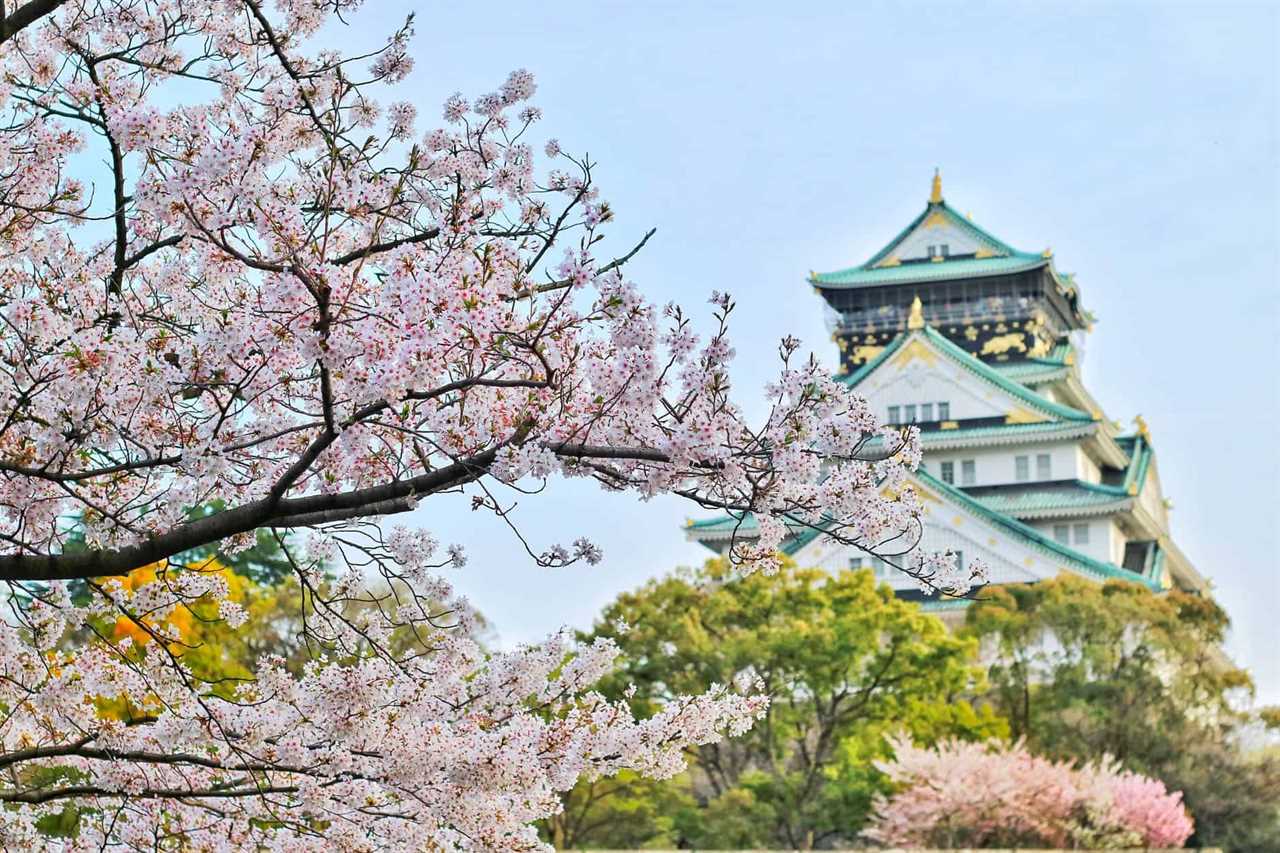
Depending on the time of year and the region, the weather in Japan can vary quite considerably from sub-arctic in the north to subtropical in the south. Thus, it is advised that tourists plan and pack accordingly.
Northern Japan, including the Hokkaido region, experiences warm summers and very cold winters with heavy snowfall. If visiting the Eastern or Western parts of the country, one can expect hot and humid summers, but cold and moderate winters respectively. In Tokyo in particular, the climate ranges from 2°C in winter to 31°C in summer. For central Japan, one can pack according to the season, unless visiting high altitude areas, such as Mt. Fuji, where the summit average temperature is roughly -7°C. If visiting Japan’s southern, subtropical islands, such as Okinawa, one can expect hot and humid summers and mild winters.
It’s also worth considering the events you want to attend or attractions you want to see. For example, to see Japan’s famous cherry blossoms, one would have to visit in Spring, which can start as early as January in the south and as late as May in the North.
Is Japan Safe Country?
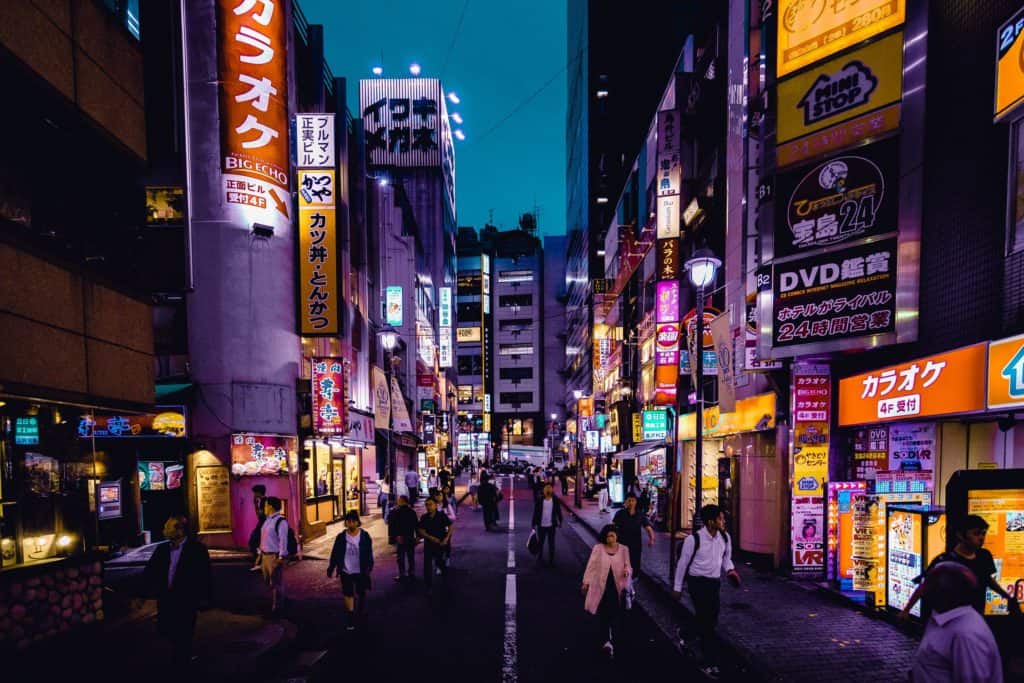
Japan is often referred to as one of the safest countries in the world, making it the ideal location for solo travelers. Besides having relatively low levels of poverty, and a somewhat ethnically homogenous society, Japanese culture has little tolerance for drug use, alcohol abuse, public indecency and crime in general.
Even among its poorest citizens, there is a culture of pride and respect, particularly in regards to tourists and their perception of the country.
In addition to this, ATMs and late-night convenience stores are located in safe areas, firearms are not readily available and there is an emphasis on maintaining a presence of security in high traffic areas. Japan’s zoning laws, strategically placed Kobans (small police stations) and patrols and/or attendants in areas, such as parking lots, offers an assuring sense of safety.
Prepare to Carry Cash
Adding to the perception of safety in Japan, most citizens choose to carry cash as opposed to other payment methods. The majority of workers get paid in physical money, with many businesses and services, including restaurants and shops, accepting cash only.
Usually, hotels and large department stores will accept debit and credit cards, but it is important to verify this before attempting to make a purchase. Thus, tourists will want to make sure that their wallets are stoked full of yen to avoid awkward situations.
However, the good news is that it is easy to draw cash at the country’s numerous ATMs, particularly those situated in strategically placed 7-Eleven’s where cards are always accepted and on a 24/7 basis.
Be in the ‘Metro Know’
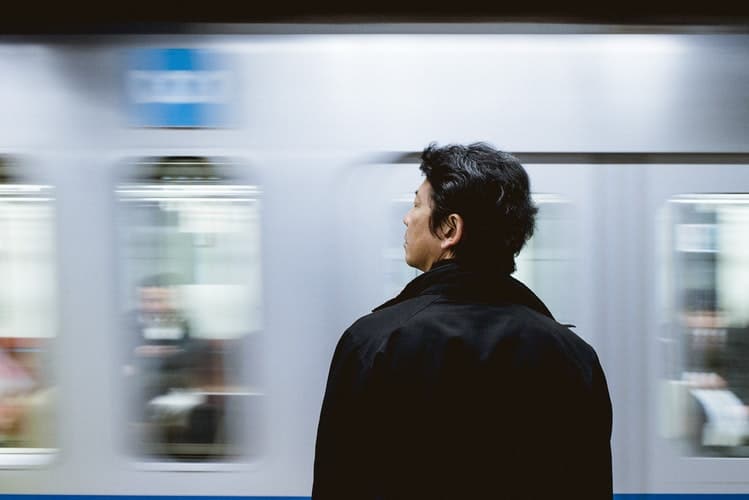
The public transport in Japan is very good and relatively cheap if you’re in the ‘Metro know’. Purchasing a Pail Pass is excellent value for money, particularly if you want to travel extensively in and between particular regions.
Tourists can opt for a region-specific or country-wide unlimited pass that gives you full access to the bullet train, known as the Shinkansen, commuter trains, buses, and ferries. The cost of this pass is often similar to the cost of 2 or 3 individual train tickets, so it is well worth it. Japanese trains are also notoriously always on time, very fast and highly convenient.
This being said, the Metro is not offered 24/7, with the last trains departing anytime between 11:30 pm and 1:00 am. Thus, you can expect a mad dash for the last train or face a hefty fee for the country’s expensive cab services. It is also worth noting that the Metro can become extremely busy and congested, particularly during rush hour and/or the last train of the day.
People Are Extremely Polite
You might find yourself in very funny situations when asking for directions! People try to help as much as possible but will keep apologizing for their English. They might look very stressed while talking to you but always very polite.
Japan Has Amazing Remote Islands
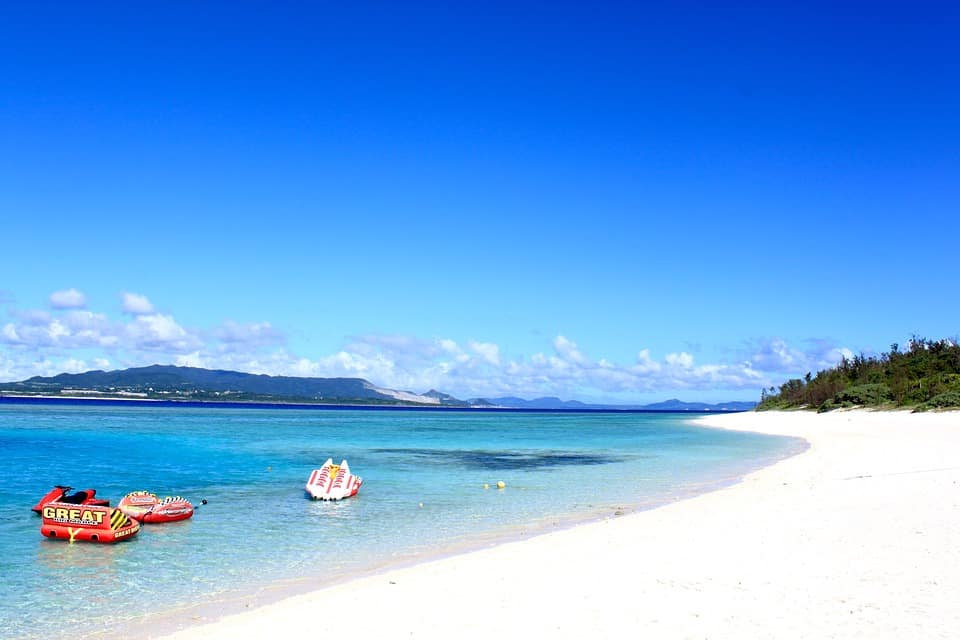
Yes! You might not expect that from Japan but it has amazing white sand beaches and tropical islands. The most famous and the most populated that you can see in the picture above is Okinawa.
You can’t imagine what it looks like when tropical island life meets the Japanese culture. It’s definitely worth checking! You can catch many domestic flights to the Japanese islands.
Some of the most beautiful islands are:
MiyakojimaTaketomiIriomoteTokashikiCheck the full list here
You should definitely consider this option before traveling to Japan and include a return ticket to at least one of these remote islands in your travel itinerary.
ccommodation Is Not As Expensive As You Think
While accommodation is not necessarily cheap in Japan, it’s certainly not as expensive as one may believe.
Of course, this depends on the region that you’re in and the tier of accommodation that you seek. For a dorm bed in Kyoto hostels or Tokyo hostels, one can expect to pay roughly ¥3,500 (€28), and for a modest hotel room in Tokyo, approximately ¥10,000 (€80) per night.
If on a budget and merely looking for somewhere to ‘lay your head’, a capsule hotel could be a viable option. The cost ranges between ¥1,500 and ¥2,000 (€12) per night in a major city. This increasingly popular type of accommodation is surprisingly comfortable, with all the necessary amenities provided. Traditional Japanese inns, known as Ryokan, tend to be expensive, ranging between ¥10,000 and ¥20,000 (€120) per night.
However, many of these include meals and access to onsite services, such as the hot springs in the Takaragawa Onsen area. If money is not an issue, first-class hotel suites in Tokyo can cost as much as ¥50,000 (€400) per night.
Get Ready For Some Earthquakes / No Need To Freak Out
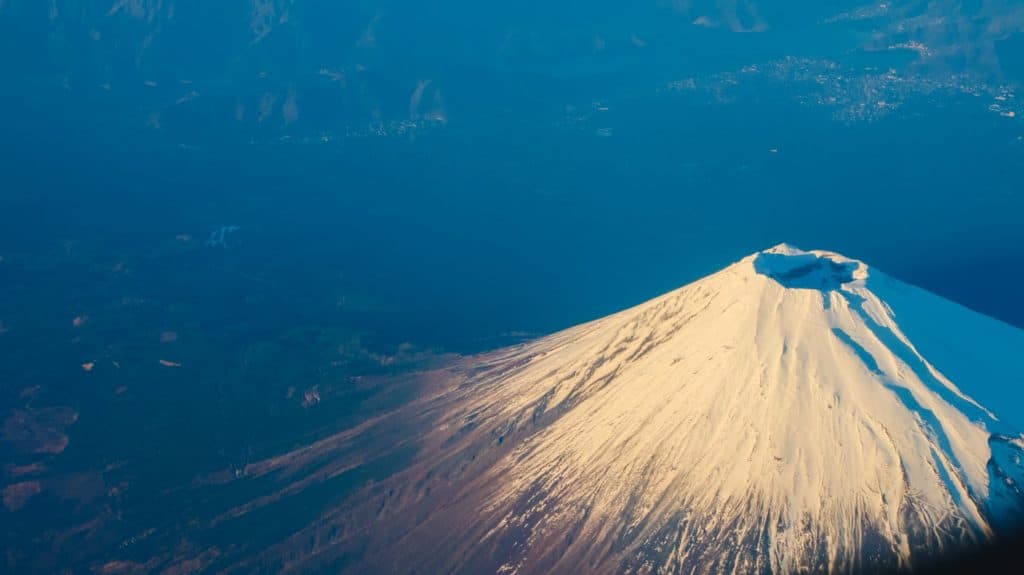
Japan gets around 1500 earthquakes per year! The majority of them are not strong, plus the architecture in Japan is quite advanced and earthquake ready, so there is no need to worry about it.
Tattoos Might Be a Problem
Tattoos in Japan are still a bit of a taboo. They are quite excepted but in some traditional places, you might not be allowed to enter such as public baths, hot springs, etc. Make sure you bring something that helps you to cover your tattoos.
It’s Not All About the Sushi, They Got More GOOD STUFF!
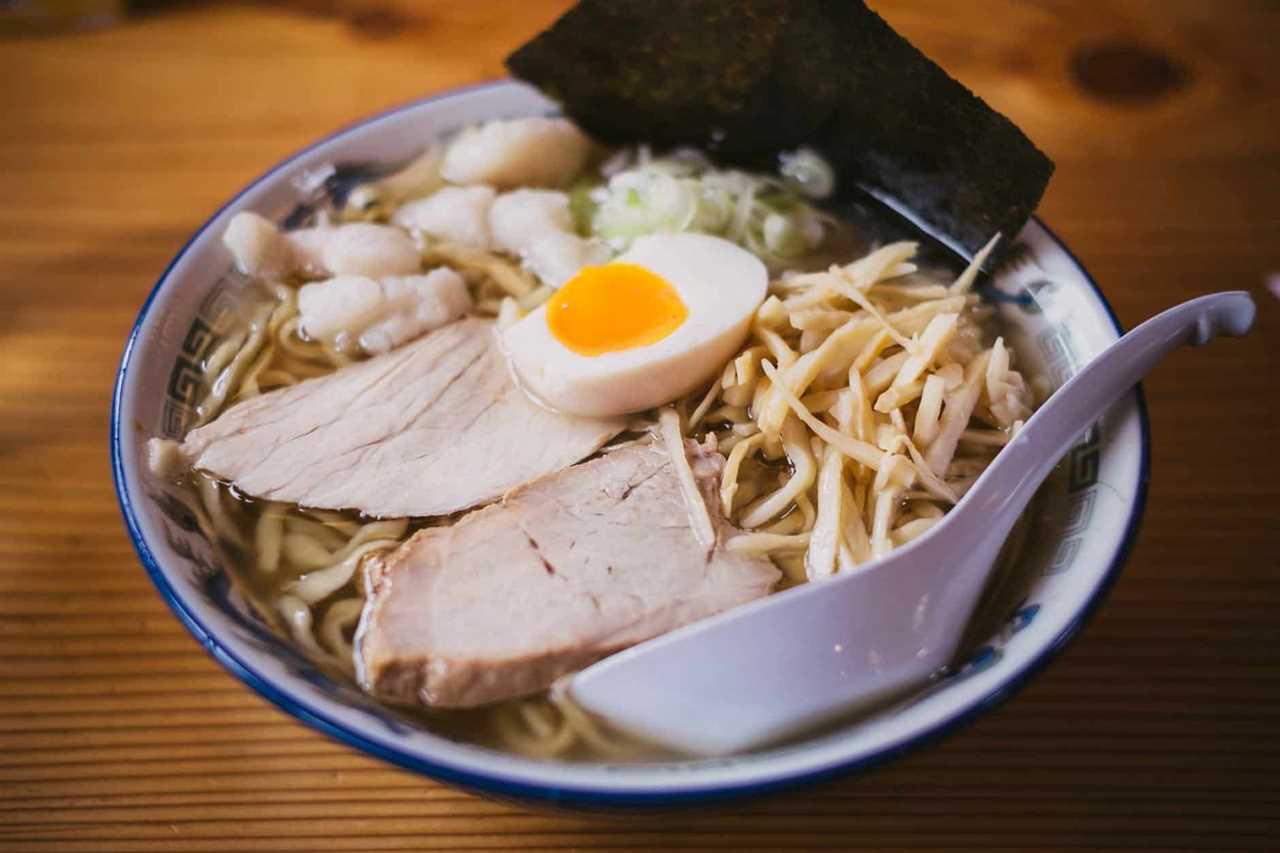
While sushi is the best-known type of Japanese cuisine, it certainly isn’t the only one. In fact, Japan boasts a wide variety of tasty traditional dishes.
Some of the most iconic include Ramen – noodles, vegetables and/or a protein with a boiled egg in a rich broth – and Japanese steamed buns – usually a pork, beef or sweet filling in a soft pastry. Other delicacies include; Tempura, Kobe beef, Yakisoba, and Japanese curry; to the lesser-known, Okonomiyaki (pancakes topped with noodles, eggs, and other toppings), Kakigori (frozen fruit ice-covered in condensed milk) and many others.
This being said, the sushi in Japan is still not to be missed. To become an Itamae, sushi chefs are required to complete years of training and apprenticeship. The sheer skill involved, high-quality ingredients and authenticity of the traditional dish (very different to its western counterpart), makes eating sushi in Japan a truly unique experience.
There’s No Need to Tip
While on the subject of dining out, it is worth noting that it is not customary to tip waiters in Japan. In fact, service staff in general, such as barmen and hotel cleaners, get paid a respectable living wage, and may even take offense to customers leaving a tip.
You Won’t Always Find an English Translation
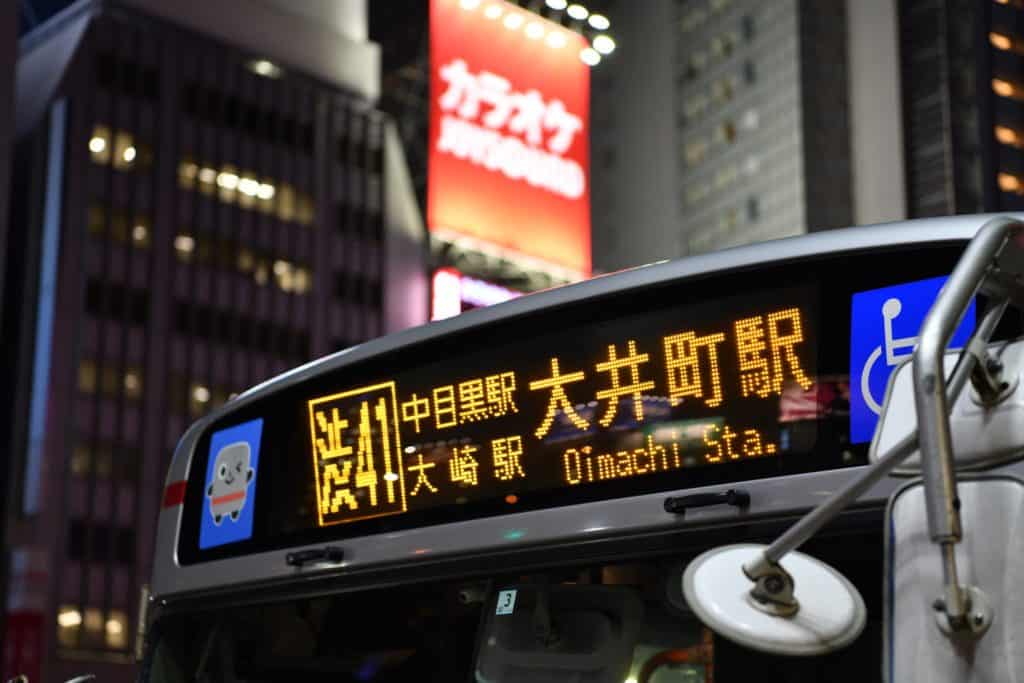
While larger cities, such as Tokyo, provide ample guidance for English speakers (or speakers of other widespread languages), venturing further afield, English translations and/or signage may not be readily available.
In fact, due to its being a highly complex language with unique, regional and even social colloquialisms, many Japanese terms may not necessarily have an English counterpart. For example, the phrase ‘yoroshiku onegai shimasu’ is used to expressing an intangible yet genuine hope for good things to come, for which there is no such phrase or translation in English.
The Intricacies of Etiquette
Japanese culture has a very complex social structure with a distinct set of rules related to etiquette and manners. While there are, in fact, too many to mention, there are several that are of particular importance to tourists.
There are some places where keeping your shoes on is highly offensive, such as when you enter someone’s home, most restaurants, hotels and dressing rooms. It is also considered bad manners to talk loudly in public, as well as pointing at people or things and using bold hand gestures and body language in public. In general, the Japanese people are very aware of those around them and the individuals that they share their space with, so being respectful, remaining calm, keeping conversations to a minimum and voice levels as low as possible is always greatly appreciated.
Furthermore, social interactions are governed by strict rules and hierarchies, so knowing when to talk, who to talk to and what to say is a sign of respect, for the person in particular and the culture in general.
Enjoy your trip to Japan, and don’t forget to take many snaps of your memorable journey along the way!
If you have any feedback, suggestions or ideas about cool stuff to know before traveling to Japan that you think we should include in this article, feel free to comment below.
The post 15 Things To Know Before Traveling To Japan in 2022 appeared first on Traveling Lifestyle.
-----------------------------
By: Viktor Vincej
Title: 15 Things To Know Before Traveling To Japan in 2022
Sourced From: www.travelinglifestyle.net/things-know-before-travel-japan/
Published Date: Mon, 17 Oct 2022 16:02:00 +0000
Read More
Did you miss our previous article...
https://carefreevoyage.com/digital-nomads/airbnb-announces-winners-of-the-omg-category
 Privacy PolicyTerms And Conditions
Privacy PolicyTerms And Conditions
